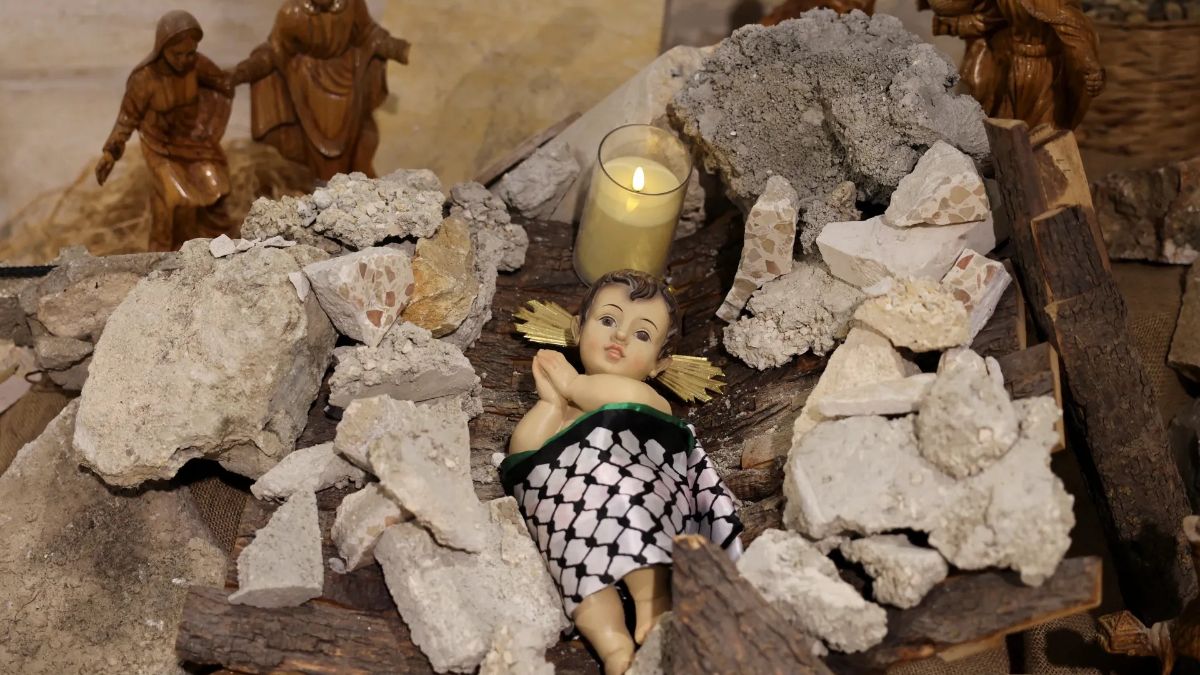Christ’s Dark Humor
“The kingdom of heaven may be compared to a king…. Then the king said to the attendants, ‘Bind him hand and foot, and throw him into the outer darkness, where there will be weeping and gnashing of teeth.”
John 18:33 -37
April 20, 2018, Words By: Kris Rocke, Image By: The Feast in the House of Levi by Paolo Veronese (1573)
Dante had it right. The Gospel is ultimately a “divine comedy,” and Jesus is not afraid to play the fool.
In this week’s text Jesus tells the disturbing story of a king who throws a wedding party for his son. The king has a carefully groomed guest list. Each one receives a personal invitation from the king’s staff, but there’s a hitch – the guests kill the king’s servants who hand deliver the invitations (not unlike the religious elite who killed the prophets of Israel). So the king flies into a fit of rage and returns their violence with even greater violence. He not only kills the guests, he also burns their city. Take that, you rotten scoundrels!
Party Foul
In spite of all the blood that has been spilled, the celebration must go on. And so the king opens the invitation list to “everyone.” The new guest list includes “the good and the bad,” but apparently it does not include the ugly because one poor soul arrives at the banquet without the right wedding attire. He looks horribly out of place. This sends the king into another fit of rage. Somewhere between the hors d’oeuvres and the dancing, he tells his staff to “bind (the poorly dressed guest) hand and foot, and throw him into the outer darkness, where there will be weeping and gnashing of teeth.”
What gives? Does Jesus honestly want us to believe that the kingdom of heaven is like this vengeful king who mirrors the violence of his subjects with increasing intensity? Are we to understand that if we show up to the party (at the last minute) without approved attire (the white robe of baptism?), then we’ll be tossed into outer darkness?
It’s a tempting and terrifying interpretation – one that overly serious preachers have found hard to resist throughout history.
And yet Jesus starts the story by tipping his hand. He says, “The kingdom of heaven may be compared to a king….” In other words, Jesus is comparing this king (who is driven by vengeance) with his own peaceable kingdom that operates on an entirely different principle of mercy. The two are radically different.
An Absurd Satire
It’s as if Jesus is playing the role of the American satirist, Stephen Colbert. Jesus courageously takes the logic of violence to an absurd extreme to make his point that God has nothing at all to do with this. Sadly, we miss the genius of Jesus’s satire because we are locked inside the logic of our own violence. We end up affirming the very thing that Jesus is undoing, getting it all backwards.
The prophet Isaiah said,
Woe to those who call evil good and good evil, who put darkness for light and light for darkness, who put bitter for sweet and sweet for bitter.
Isaiah 5:20
What I offer now may be tasteless and downright juvenile, not unlike the parable that Jesus tells. Like all good satire, the liberating truth of this Monty Python skit lies in the profane exaggeration and utter absurdity of what’s being said. As with all great comedy, it plumbs the depth of human tragedy.



